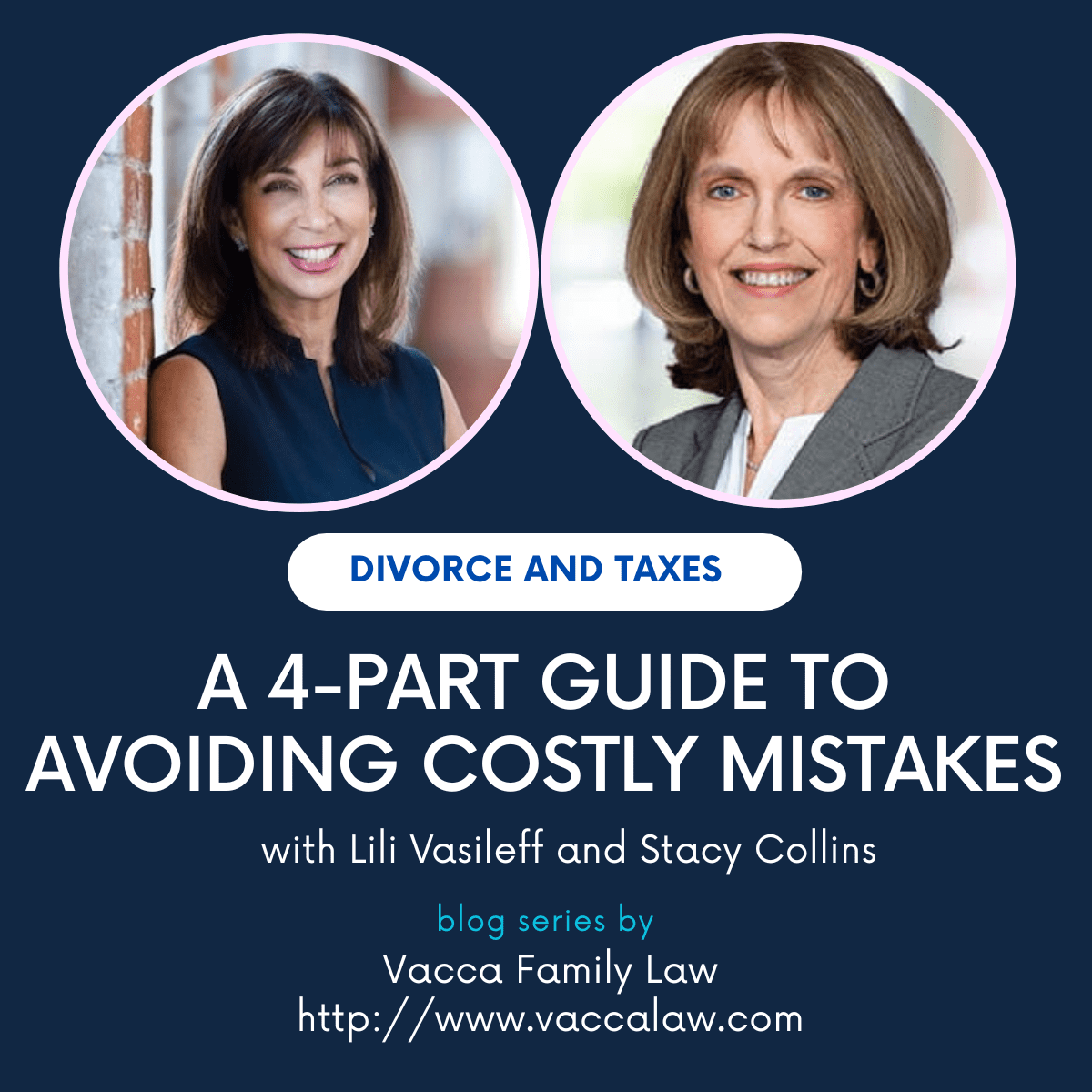When your spouse passes away, you don’t have to struggle financially
Julie Halpert
November 26, 2018
considerable.com
In March 2013, Ginny McKinney and her husband, Dan, were shopping for a camper to pursue their dream of traveling to great golf courses around the country. Then Dan died of a heart attack. He was 62 years old and she was 59.
“It was devastating. Grief is like an onion. You have the initial shock of the loss itself, but then it keeps going deeper and deeper,” Ginny says.
And in Ginny’s case, the emotional challenges were compounded by financial setbacks.
Just four months before Dan died, Ginny had cut down to part-time hours at her job, to pursue her passion of making jewelry. But without Dan’s income, she couldn’t pay the mortgage. She was also no longer covered by his health insurance. Eventually, she was forced to sell her home.
Each year, 1.4 million women become widows. In a new survey on widowhood by Merrill Lynch and Age Wave, 78% of those surveyed described it as their single most overwhelming and difficult life experience.
One reason for the struggle: like McKinney, the vast majority of widows are financially unprepared for life without their spouse. According to the Merrill Lynch/Age Wave survey, following the death of a spouse, half of widows experience a household income decline of 50% or more.
And 76% of current married retirees surveyed said they would not be financially prepared for retirement if their spouse passed.
Following the death of a spouse, half of widows experience a household income decline of 50% or more.
Merrill Lynch and Age Wave
Part of the problem is that a generation ago, relying on a husband to be the breadwinner and handle all financial matters was the norm for women, says Danielle Howard, a certified financial planner in Basalt, Colo. who has worked with numerous widows. “There’s an age group of women that has abdicated their financial role to their husbands.”
But even among couples who share financial responsibilities, there’s a reluctance to discuss the inevitable end of their union, says Colleen Galambos, PhD, who chairs The National Association of Social Workers’ Aging Specialty Practice Section. As a society, she says, “We avoid having the kinds of discussions that we need to have in order to prepare somebody for what is a natural life event.”
No amount of money, of course, can make up for the inevitable loneliness that follows the passing of a longtime partner. Yet the Merrill Lynch study also found that men and women who are financially prepared fare much better in terms of stress and grieving. The following tips can help.
Create—and update—critical documents
All couples need to have a power of attorney, which designates another person the right to make decisions pertaining to your finances, should you be unable to do so, a will and a health care proxy, a document that names a trusted individual to express your wishes and make health care decisions for you if you are unable to speak for yourself.
In addition, make sure that all your accounts and policies name both spouses as beneficiaries: this avoids having to go through probate, which is a time-consuming process, says Lili Vasileff, a financial planner in Greenwich, Conn. It also prevents unwelcome surprises that can happen in the case of divorce, like if your husband neglected to update his beneficiary so his ex-wife is named instead of you.
Know where to find the paperwork
Both you and your spouse should be able to easily access all your financial information, including the names of service providers and account numbers.
Vasileff suggests creating a folder that includes a copy of every policy you own as well as a list of beneficiaries, your power of attorney, medical directive, and a copy of your will. You should also create a list of all financial accounts, where they’re located, passwords and the balance in each of them, and the location and access to safety deposit boxes.
There should also be a list of outstanding debt that outlines to whom money is owed, the balance and how to contact the lender. “You don’t want to risk having payments overlooked and going into default,” Vasileff says.
Get real about the impact
“Women tend to think finances will be taken care of without knowing how it’s being taken care of. That’s dangerous for a lot of reasons,” says Vasileff.
And the reality is that becoming a widow often leads to a lower income stream, said Michelle Buonincontri, a certified financial planner who provides financial coaching services to women in transition. This is often due to a reduction or loss in a pension, annuity, or a second social security income.
“You don’t want to risk having payments overlooked and going into default.”
Lili Vasileff, CFP
So it’s critical to estimate ahead of time what the impact of your spouses’ death would be on your cash flow, and identify and discuss strategies to fill that gap, Buonincontri says. For example, if your spouse is eligible for a pension, you may want to opt for a joint and survivor spousal benefit, which offers a lower monthly income, but also provides a benefit to a widowed spouse.
Depending on your age and health, it may also be worth buying life insurance to protect against the loss of income, said Matt Chancey, a certified financial planner at Claraphi Advisory Network in Tampa, Fla. But especially if your children are grown, you may find that a smaller policy is sufficient.
Seek support
Especially the first months post-widowhood, you’re apt to be vulnerable—both emotional and financially, says Vasileff. You may be dealing with a lot of uncertainty surrounding your spouses’s estate or will, and ongoing expenses.
But if at all possible, put off making any big or difficult decisions at this time, says Lisa Margeson, Managing Director and Head of Retirement Client Experience and Communications at Bank of America Merrill Lynch. “Focus on near-term financial matters, such as payment of bills, and postpone discussion on complex or longer-term topics, where decisions may be driven by emotion and high stress rather than careful thought,” she says.
Finally, don’t neglect the emotional side. Galambos suggests joining a support group of other widows, facilitated by an experienced grief counselor. Sharing your struggles with those who are enduring the same type of journey—or finding ways to connect with loved ones—can make you feel less alone.
“Grief doesn’t resolve in a week or two or even years,” Galambos says. “When the funeral is over and your last relative leaves and you’re in your empty house or apartment, you have connections you can reach out to.”
Download PDF here



